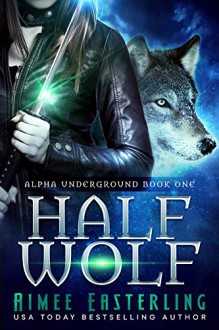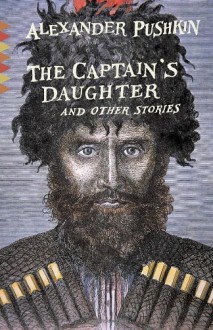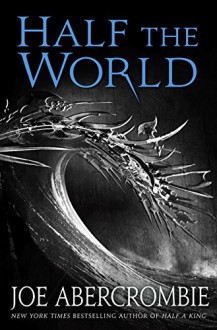
I picked this book up primarily because I loved the author’s memoir, The House at Sugar Beach, about growing up in Liberia until political instability and terror forced her family to leave. This book, though, is a biography of Ellen Johnson Sirleaf, president of Liberia from 2006 to 2018 and the first democratically elected female head of state in Africa. It’s a good biography, readable and engaging as all the best journalistic work is, and certainly informative though it lacks the humor and personal touch of Cooper’s memoir.
About the first quarter of this relatively short biography (290 pages) covers the first approximately 50 years of Ellen Johnson Sirleaf’s life, spending a few pages on her childhood before moving on to her marriage, higher education, subsequent divorce from her abusive husband (even though it meant no longer being able to raise most of their children), and her career as a financial bureaucrat. The second quarter focuses more on Liberia’s civil war and the years of coups and atrocities. Johnson Sirleaf was absent from Liberia for much of this time working for financial institutions abroad, but the reader needs to understand something of what was happening in the country to put her presidency in context. Finally, the last half covers her elections and presidency, though the book ends in 2015 and was published in 2017, before she actually left office.
The book is highly readable and offers a lot of explanation to readers who may not know anything about Liberia; Cooper is clearly adept at bridging two cultures. It is an admiring biography, and as far as I can tell an authorized one—Johnson Sirleaf allowed Cooper to follow her around and was interviewed for the book, though Cooper didn’t share her drafts—but Cooper also highlights areas where Johnson Sirleaf made poor or questionable choices. I wasn’t quite sure what to think about all her female supporters who stole their adult sons’ voter IDs to prevent them from voting for her clearly unqualified male opponent, for instance—interestingly to me, Liberian women seemed far more likely to vote for a candidate because of her gender than their American counterparts. But I was glad to see Cooper really dig into Johnson Sirleaf’s achievements in office: the chapter about how she managed to persuade other governments, multinational institutions and private companies to forgive Liberia’s $4.7 billion debt is fantastic and highlights a huge accomplishment that few others could possibly have achieved.
Meanwhile, other reviewers have mentioned that the book deals with some dark subject matter around Liberia’s civil war, and this is true though it isn’t the primary focus of the book. The last 35 pages mostly focus on the Ebola pandemic, which was interesting to read during another pandemic: there was a lot of initial denial around Ebola too, though once people accepted that it was real they seemed to do a good job of taking necessary precautions to wipe it out.
Ultimately, there’s a lot of good information in this book, but there’s more distance from its subject than I would have expected in a semi-authorized biography of someone who’s still alive: I didn’t get much sense of Johnson Sirleaf’s personality, what makes her tick, how the people close to her view her, etc. Maybe she didn’t want her personal life in a book, her family didn’t want to share, and Cooper decided to respect their wishes—hard to say. But while I still blew through the book in just a few days, I think I would have liked it even better with more personality. Cooper credits several people in the acknowledgments with making her ditch her “flip tone” and I wound up wishing she’d kept it. There are a few humorous bits, which were welcome.
But I’d certainly recommend this book to anyone interested in the subject, and Johnson Sirleaf is without doubt a tough and impressive woman, though (like everybody else) imperfect. Those who would like a more personal, in-depth and at times humorous story (with some overlapping subject matter) should check out the author’s memoir.
Only time will tell how to interpret events after the end of this book: Johnson Sirleaf stepped down in 2018, allowing for Liberia’s first peaceful transition of power in decades, but then the winner of that election was George Weah (the soccer player), whose vice president is Jewel Taylor (ex-wife of Charles Taylor, the war criminal). Hmm. I hope Cooper will keep on writing books about Liberia; I for one will be happy to keep reading them.


 Log in with Facebook
Log in with Facebook 









